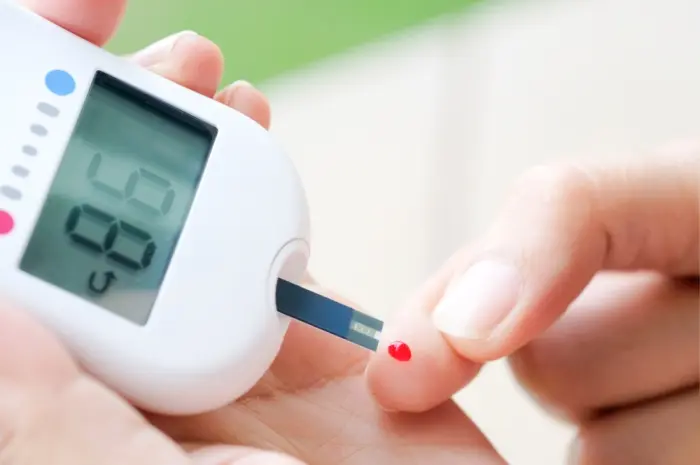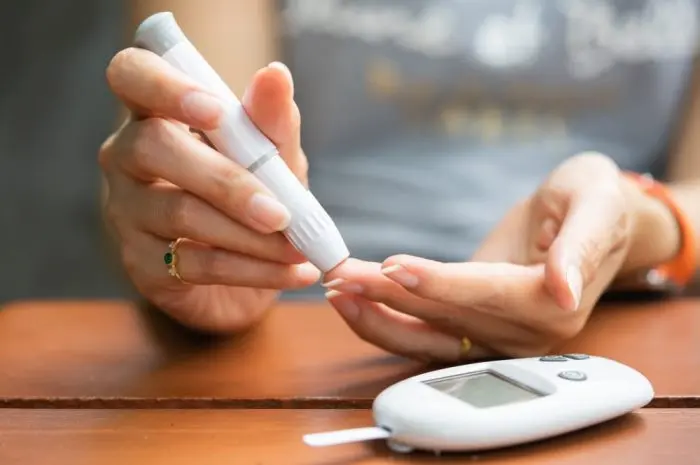Type 2 diabetes is a chronic condition that requires lifelong management. The goal of treatment is to control blood sugar levels, prevent complications, and improve overall health and quality of life.
Treatment plans for type 2 diabetes often involve a combination of lifestyle modifications, medications, and, in some cases, insulin therapy. This comprehensive article will delve into various treatment options and strategies commonly employed for individuals with type 2 diabetes.
1. Lifestyle Modifications
- Healthy Eating: A balanced and nutritious diet is a cornerstone of managing type 2 diabetes. It involves consuming a variety of whole foods, including fruits, vegetables, whole grains, lean proteins, and healthy fats. Portion control and carbohydrate counting may be important considerations. Working with a registered dietitian can provide valuable guidance in developing a personalized meal plan.
- Regular Physical Activity: Engaging in regular exercise helps lower blood sugar levels, improve insulin sensitivity, control weight, and enhance overall health. Aim for a combination of aerobic exercises (such as walking, swimming, or cycling) and strength training. Consult with a healthcare professional before starting any exercise program.
- Weight Management: Achieving and maintaining a healthy weight is beneficial for managing type 2 diabetes. Weight loss can improve insulin sensitivity and blood sugar control. Even losing a modest amount of weight can have significant positive effects. A combination of dietary changes, physical activity, and behavior modifications can contribute to successful weight management.
- Stress Management and Healthy Sleep: Chronic stress and inadequate sleep can affect blood sugar levels. Finding effective stress management techniques, such as meditation, yoga, or engaging in hobbies, can help promote overall well-being. Additionally, prioritizing adequate sleep is crucial for maintaining optimal health.
2. Medications
- Oral Medications: Several classes of oral medications are available to help manage blood sugar levels in type 2 diabetes. These medications work in different ways, such as increasing insulin production, improving insulin sensitivity, or reducing glucose production in the liver. Examples include metformin, sulfonylureas, thiazolidinediones, DPP-4 inhibitors, SGLT2 inhibitors, and GLP-1 receptor agonists. The choice of medication depends on various factors, including individual needs, preferences, and potential side effects.
- Injectable Medications: In some cases, injectable medications may be prescribed to manage type 2 diabetes. These include GLP-1 receptor agonists and insulin. GLP-1 receptor agonists stimulate insulin secretion, suppress glucagon release, slow gastric emptying, and promote weight loss. Insulin therapy may be recommended when blood sugar levels are not well controlled with oral medications or when there is significant insulin deficiency.
3. Insulin Therapy
Insulin therapy may be necessary for some individuals with type 2 diabetes, especially as the disease progresses. Insulin is administered via injections or insulin pumps.
There are various types of insulin available, each with its own onset, peak, and duration of action. Insulin therapy aims to mimic the body’s natural insulin production and helps regulate blood sugar levels effectively.
4. Blood Sugar Monitoring
Regular blood sugar monitoring is a crucial component of managing type 2 diabetes. This involves testing blood sugar levels at home using a glucose meter.
Monitoring helps individuals understand how their lifestyle choices, medications, and other factors impact their blood sugar levels. It allows for adjustments in treatment plans and provides valuable information for healthcare providers to make informed decisions.
5. Regular Medical Check-ups
Regular check-ups with healthcare professionals are essential for individuals with type 2 diabetes. These appointments allow for ongoing monitoring of blood sugar levels, assessment of overall health, and adjustment of treatment plans as needed.
Healthcare providers may also conduct additional tests to evaluate cholesterol levels, blood pressure, kidney function, and other aspects of health that can be affected by diabetes.
6. Diabetes Education and Support
Diabetes education programs can provide individuals with the knowledge and skills necessary to manage their condition effectively. These programs cover various topics, such as meal planning, medication management, blood sugar monitoring, and preventing complications.
Support groups and counseling can also provide emotional support and guidance in coping with the challenges of living with type 2 diabetes.
Conclusion
Type 2 diabetes management requires a comprehensive approach that combines lifestyle modifications, medication, and regular monitoring. Every individual’s treatment plan should be personalized to address their specific needs and goals.
Working closely with healthcare professionals, including doctors, dietitians, and diabetes educators, can help individuals develop and implement an effective treatment strategy. By effectively managing blood sugar levels and making positive lifestyle choices, individuals with type 2 diabetes can lead healthy, fulfilling lives and reduce the risk of complications.


